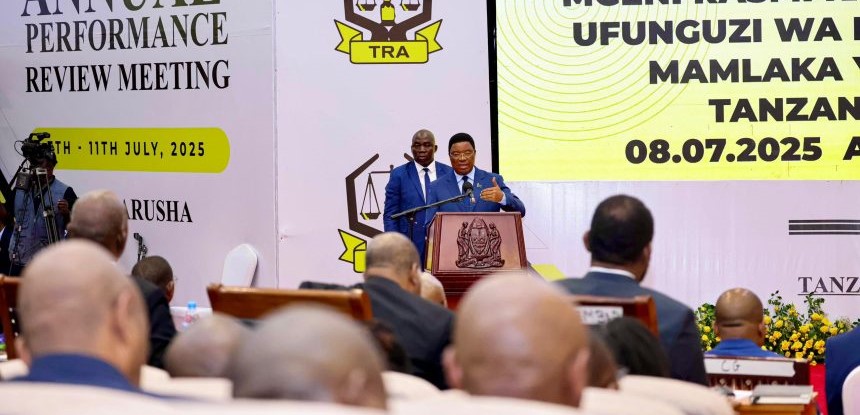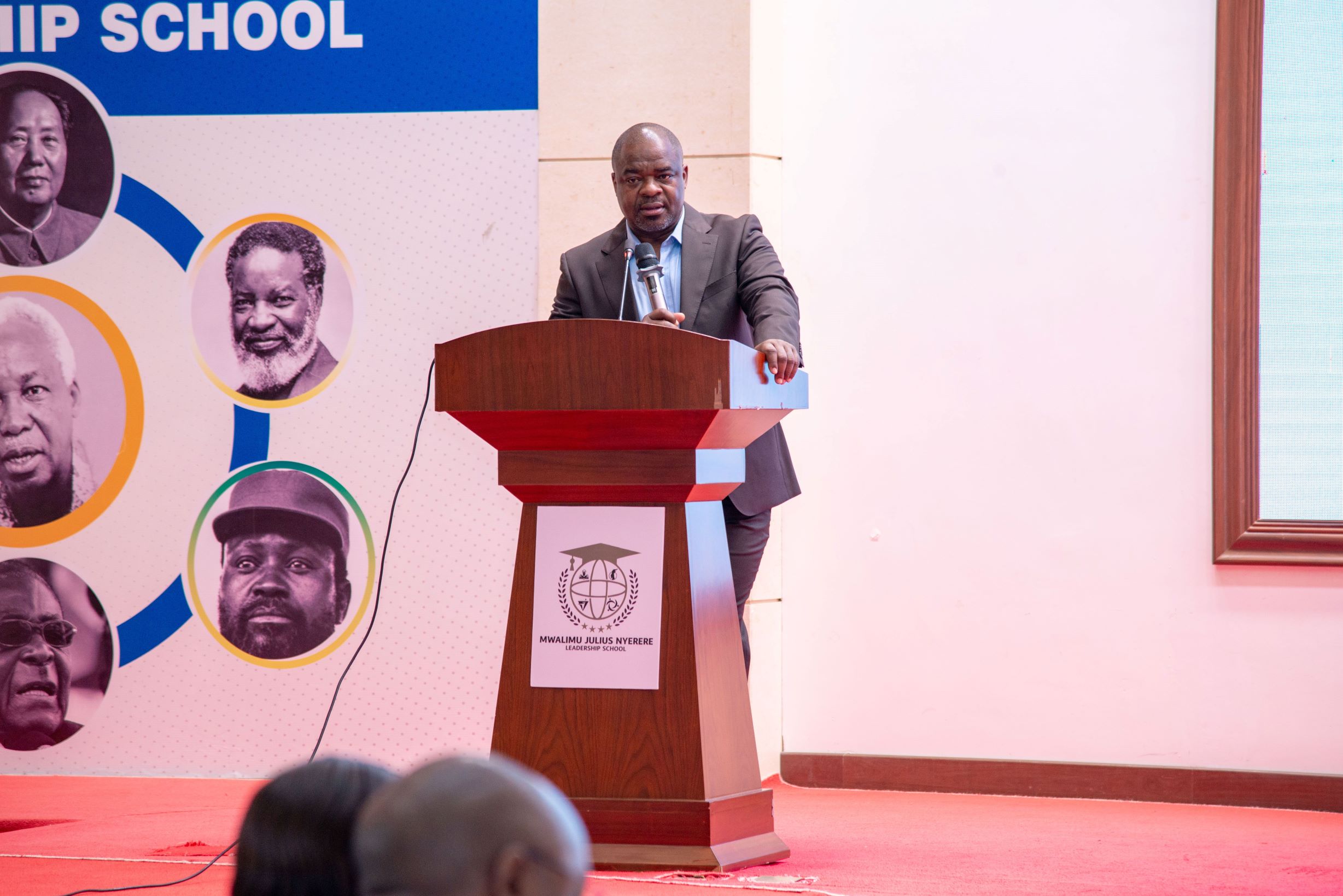Dar es Salaam. The Foundation for Civil Society (FCS) and Stanbic Bank Biashara Incubator have signed a Memorandum of Understanding (MoU) aimed at equipping Small and Medium Enterprises (SMEs) with essential skills and resources to enhance their growth and sustainability.
SMEs operating in Tanzania’s border regions often struggle with limited access to financial resources, market intelligence, and business development services, hindering their ability to compete effectively in regional and international markets.
Announced on February 20, the partnership seeks to support 350 micro, small, and medium-sized enterprises (MSMEs) through capacity-building initiatives focused on export readiness, trade financing, food processing, value addition, and market access.
Despite their vital contribution to employment and economic development, SMEs in these regions face structural barriers, including financial illiteracy, difficulty in accessing capital, and limited market opportunities. Bureaucratic challenges and trade restrictions further impede their ability to expand beyond local markets.
FCS Executive Director, Mr Justice Rutenge, said that the collaboration with Stanbic Bank is designed to address these challenges through targeted training, coaching, and mentorship.
“We aim to empower 350 MSMEs with the necessary skills and resources to enhance their business prospects, ultimately leading to increased job creation and higher incomes,” he said.
He added that the initiative aligns with FCS’s priority of fostering economic inclusion for women, youth, and persons with disabilities.
By equipping entrepreneurs with financial management skills and trade knowledge, the programme seeks to create a more robust and sustainable business environment.
The initiative consists of two key components: one targeting women-led businesses in five border regions—Horohoro (Tanga), Namanga (Arusha), Holili (Kilimanjaro), Kasumulu (Mbeya), and Tunduma (Songwe)—and another supporting 100 MSMEs in Dar es Salaam, primarily owned by youth, women, and persons with disabilities in the food processing and value addition sector.
Head of Stanbic Bank Business Incubator, Ms Kai Mollel, underscored the critical role SMEs play in driving Tanzania’s economic growth, pointing out that many entrepreneurs lack structured business management training.
Ms Mollel said that cross-border traders face additional challenges, including restrictive trade regulations, limited access to reliable business information, and complex bureaucratic processes that complicate cross-border trade.
“For border traders, these challenges are even more pronounced. Many encounter legal barriers, struggle to obtain accurate trade information, and operate in demanding business environments. These factors hinder their ability to expand and succeed,” she explained.
She said that the partnership between Stanbic Bank and FCS will directly address these challenges through comprehensive training designed to tackle real-world business obstacles.
“We will equip SMEs with the skills and knowledge necessary to navigate regulatory frameworks, access trade financing, and expand their market reach efficiently,” she said.
As part of the initiative, Stanbic Bank and FCS plan to register 250 cross-border businesses and enrol 100 SMEs in supplier development programmes.







